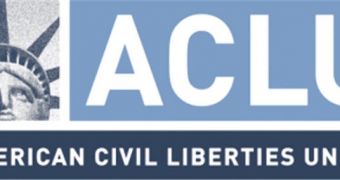The American Civil Liberties Union (ACLU) wants to make sure that nothing is forgotten about what the NSA is doing, so the Snowden documents that have been reported on thus far have been gathered in a database.
The NSA Documents Database is a searchable and categorized database that contains over 200 previously classified documents and which includes files from Edward Snowden and other newly declassified files from the intelligence agency.
“The ACLU and others have long suspected that the National Security Agency has gone far beyond its mandate of gathering information for counterterrorism and foreign intelligence purposes, implementing a massive spying system to conduct bulk surveillance of hundreds of millions of innocent Americans,” the ACLU writes.
The organization mentions that all of its suspicions were confirmed on June 5, 2013, when the first series of documents from the Snowden stash made their way online thanks to The Guardian.
“Together, they have triggered a remarkable and long-overdue public debate about the legality and propriety of the government's surveillance practices,” the ACLU writes.
You can search by keywords and pick the type of legal authority mentioned in the file, such as the FISA Amendment Act or Section 215. The type of file can also be chosen through a series of checkboxes. From here, you can pick to look for internal NSA documents alone, for compliance reports, FISA court filings or reports to Congress, to name just a few.
The type of record collection discussed in the file can be picked out as well. For instance, you can choose to look for telephony or Internet metadata, financial records, telephone content and more.
The leaked files from Edward Snowden have revealed a lot of questionable practices from the NSA, including the collection of phone call metadata. While one could say that this doesn’t give out much information about a person since the content of the conversations isn’t (theoretically) included, there are a lot of details that can be discovered by analyzing metadata, including the location, the numbers and identities of your family members, friends and acquaintances, or even your religion and sexual orientation.
Other files have revealed that the NSA spies on hundreds of world leaders, as well as organizations such as the United Nation and UNICEF.
More concerning files have indicated that the NSA has put in a lot of effort to make sure that the encryption standards are weakened so that it can easily crack open conversations that users thought were protected.

 14 DAY TRIAL //
14 DAY TRIAL //